Table of Contents
From students handling fuming acids to researchers working with toxic chemicals, everyone in the lab faces different levels of chemical exposure. Depending on what they’re working with, they need different types of hand protection. This is where chemistry lab gloves play a key role.
If you’re wondering which gloves to use, why they’re important, or how they differ—this simple guide will help you choose the right chemistry lab gloves to keep your hands safe.
Types of Chemistry Lab Gloves: Composition and Use
Rubber Chemistry Lab Gloves

These chemistry lab gloves are commonly used for basic protection while handling cleaning agents and aqueous solutions. These gloves are elastic, comfortable, and offer good mechanical and chemical resistance.
- Suitable for heavy-duty cleaning tasks.
- Can be disposable or reused after proper cleaning.
- Provide a good barrier against basic aqueous solutions, but not effective for harsh chemicals.
- Can cause latex allergies in some people. However, hypoallergenic rubber gloves are available to reduce this risk.
Nitrile Chemistry Lab Gloves
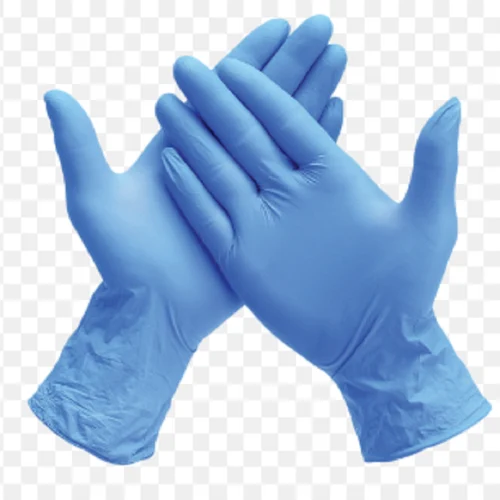
Nitrile chemistry lab gloves are a cheaper, synthetic alternative to rubber gloves.
- Offer excellent resistance to oils and petroleum-based products.
- Good for handling chlorinated solvents.
- Puncture-resistant and often made in medical-grade quality.
However, nitrile gloves are not resistant to:
- Ketones
- Oxidizing acids
- Organic chemicals containing nitrogen
- Aromatic solvents and acetates. They are also not flame-resistant.
Neoprene Chemistry Lab Gloves
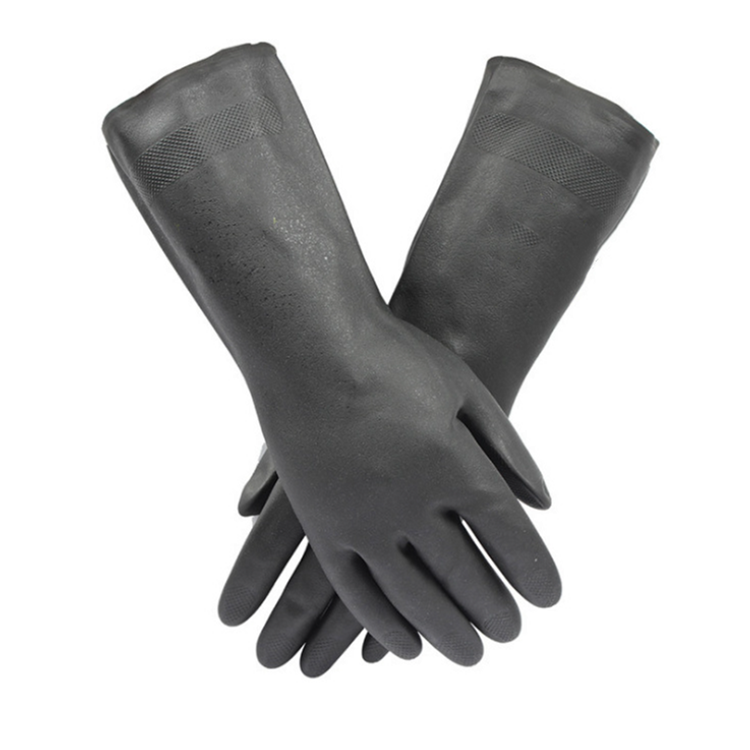
This chemistry lab glove offers great flexibility, dexterity, and grip, making them ideal for precision tasks.
- Have high density and tear resistance.
- Not too thick, so they have good touch sensitivity.
- Generally, perform better than natural rubber gloves. However, they should not be used with inorganic oxidizing agents such as:
- Concentrated nitric acid
- Chromic acid
Polyvinyl Chloride (PVC) Gloves
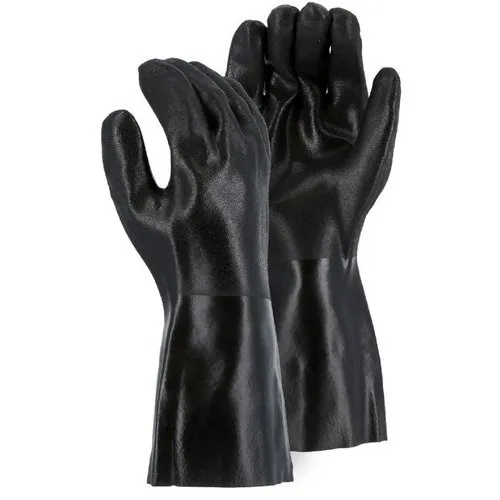
PVC chemistry lab gloves are widely used in cleaning and petrochemical industries because they are:
- Durable
- Cut-resistant
- Aging-resistant (can be reused multiple times). They provide excellent protection from diluted oxidizing acids, including:
- Nitric acid
- Chromic acid
- Hydrochloric acid
- Phosphoric acid
Avoid using PVC gloves with:
- Acetone
- Ketones
- Ethers
- Aromatic and chlorinated solvents
Butyl Gloves
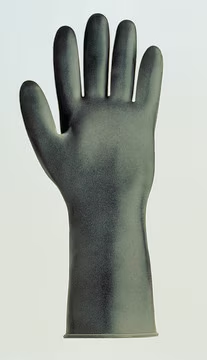
It is ideal for protection against chemical gases, including:
- Chlorine
- Hydrogen cyanide
They have low gas permeability, making them suitable for daily use in such conditions.
They also resist:
- Harsh acids (nitric, sulfuric, hydrofluoric, red-fuming nitric)
- Strong bases
- Alcohols
- Aldehydes
- Ketones, esters, and nitro compounds
- Oxidation, ozone corrosion, and abrasion
- Low temperatures (flexible even in cold, useful for cryogenic work with added external layers)
However, they are:
- Expensive and not widely preferred across industries
- Not suitable for aliphatic/aromatic hydrocarbons and halogenated solvents — in such cases, Viton gloves are better.
Fluorocarbon or Viton Gloves
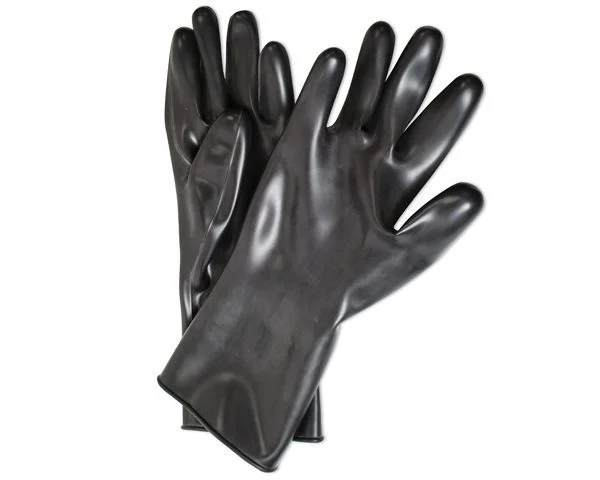
Viton chemistry lab gloves are the most expensive but offer top-tier resistance to both heat and harsh chemicals.
- Commonly used in aerospace and high-risk chemical environments
- Excellent for handling aromatic hydrocarbons, such as:
- Benzene
- Toluene
- Xylene
- Benzene
Norfoil Gloves
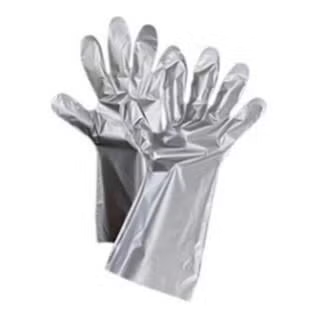
These gloves offer highest-level protection against a wide range of hazardous chemicals. They are especially used in chemistry labs when handling highly toxic substances that can be easily absorbed through the skin.
- Provide protection against 280 hazardous chemicals, including aromatics, ketones, alcohols, esters, and chlorinated and aliphatic solvents
- Ideal for handling chemicals such as acetone, benzene, methanol, MEK, sodium hydroxide, sulfuric acid (93%), toluene, and trichloroethylene
- Made from five-layer laminate with 2.7 mil thickness
- EVOH and PE layers block over 90% of organic chemicals for 4 hours at 35°C
- Lightweight construction reduces hand fatigue without compromising dexterity
- Economical – ideal for single-use without cleaning
- Latex-free and accelerator-free – low allergy risk
- Ambidextrous and hypoallergenic
- Suitable as an inner glove where mechanical damage is likely
Custom Chemistry Lab Gloves
Some lab gloves combine multiple materials to match specific needs. For example:
- A glove may have a nitrile exterior for protection against organic solvents.
- A neoprene middle layer can provide acid and base resistance.
- An inner layer can be optimized for dry comfort and easy wear.
These custom multilayer gloves offer enhanced safety and flexibility for complex chemical tasks.
Tips
To find the right gloves, depending on the type of chemical you are working with:
Check the Chemistry Lab Gloves Compatibility Chart
Buy the best quality lab gloves here:
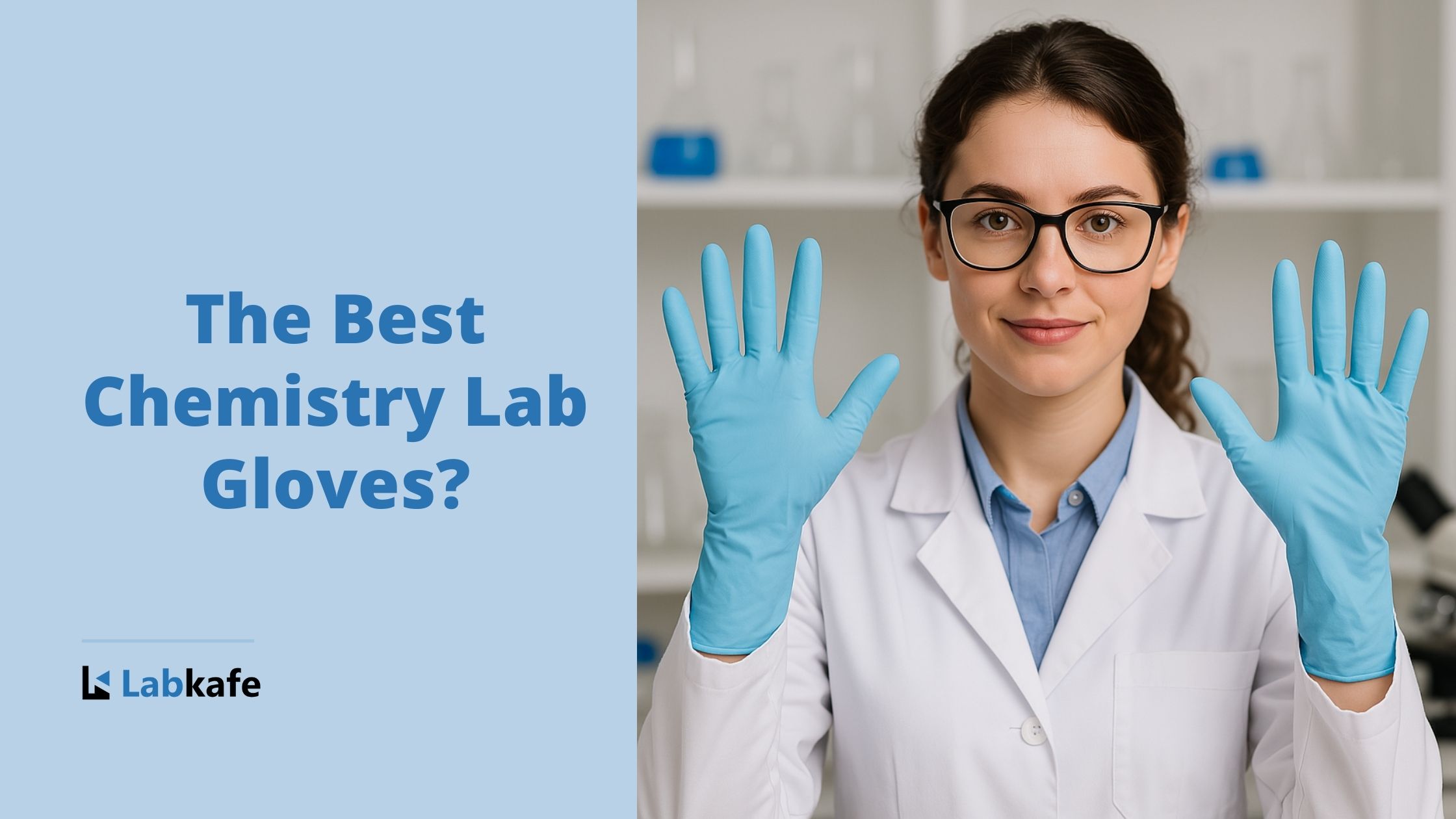
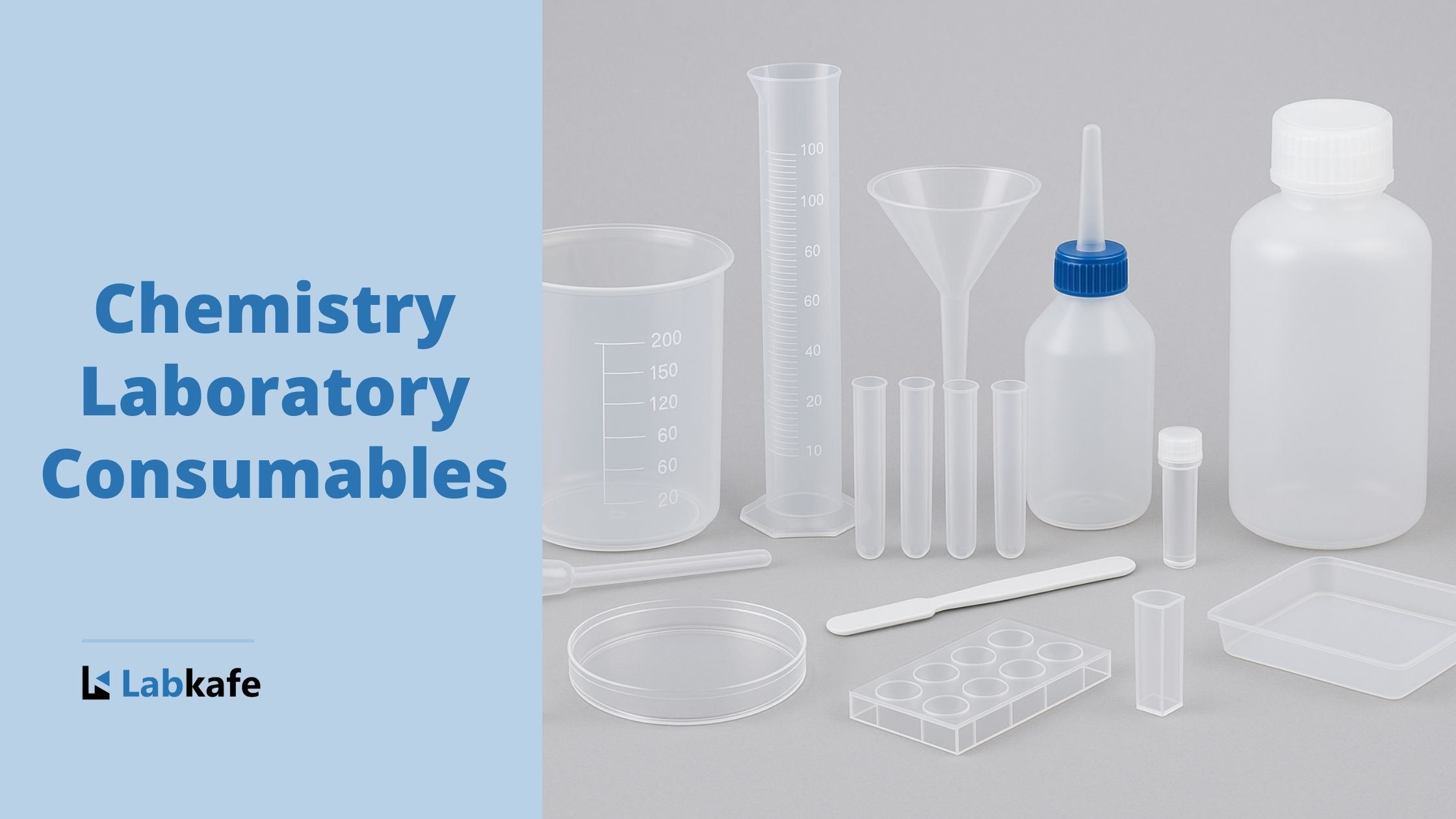
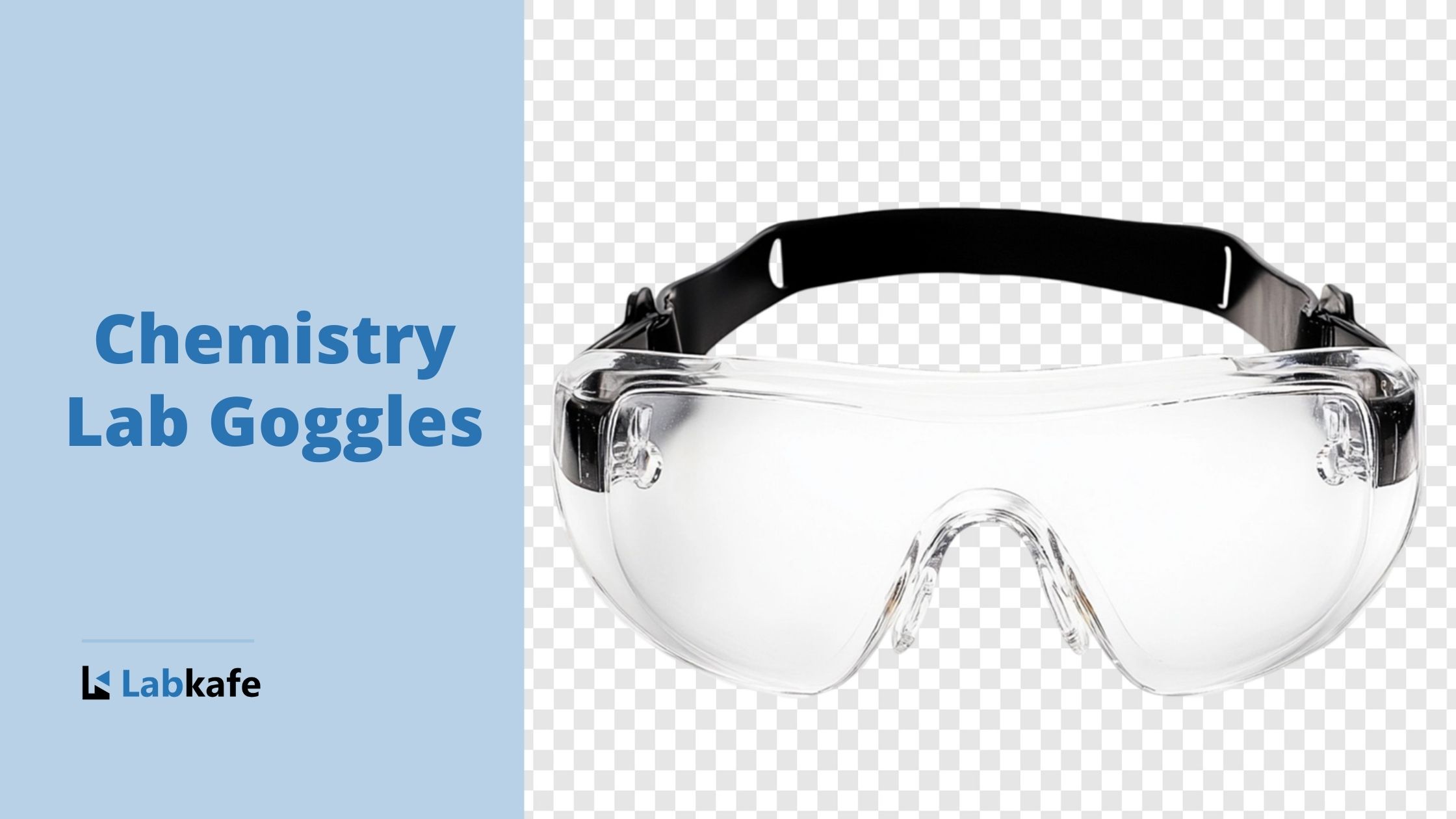

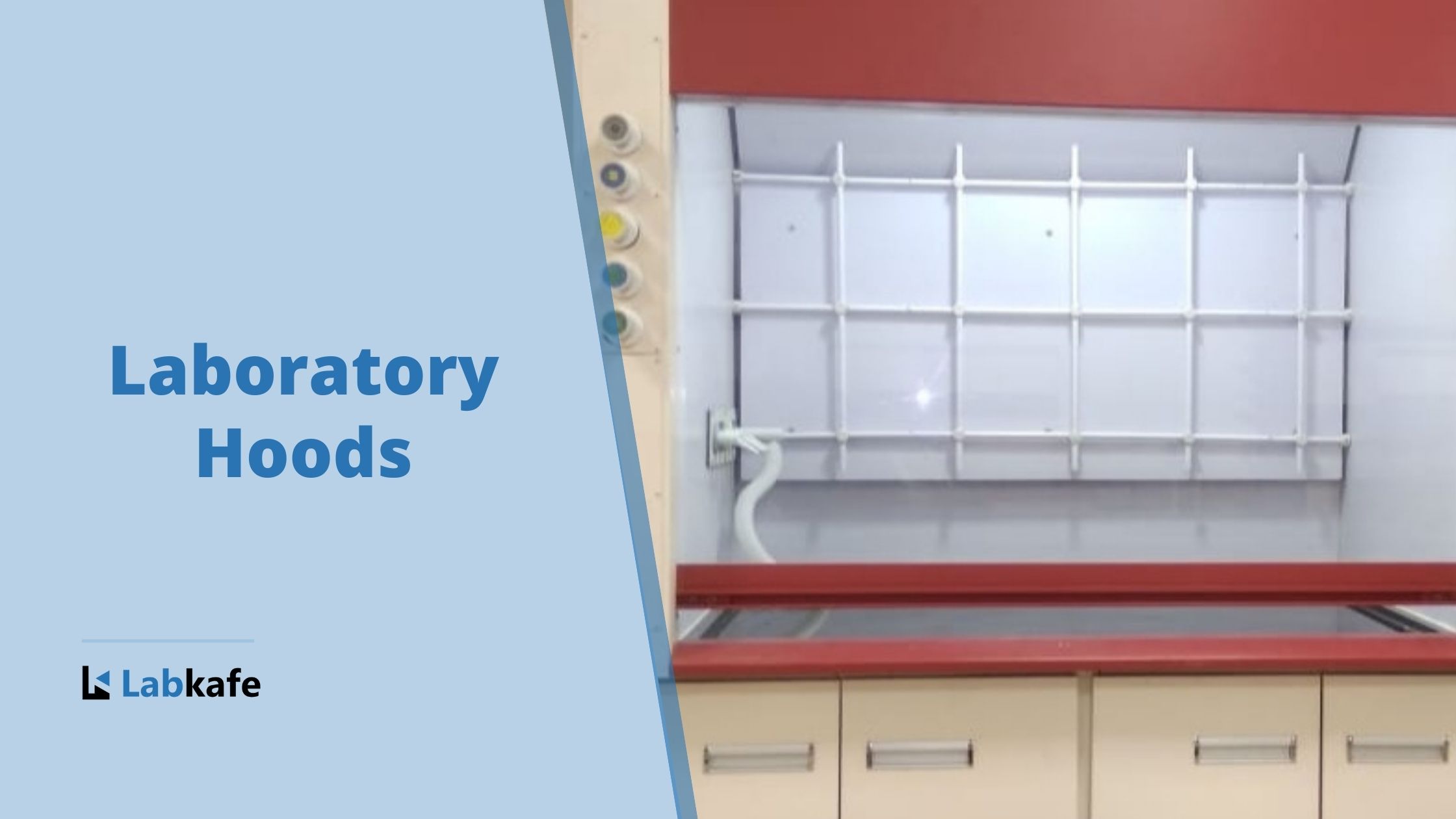
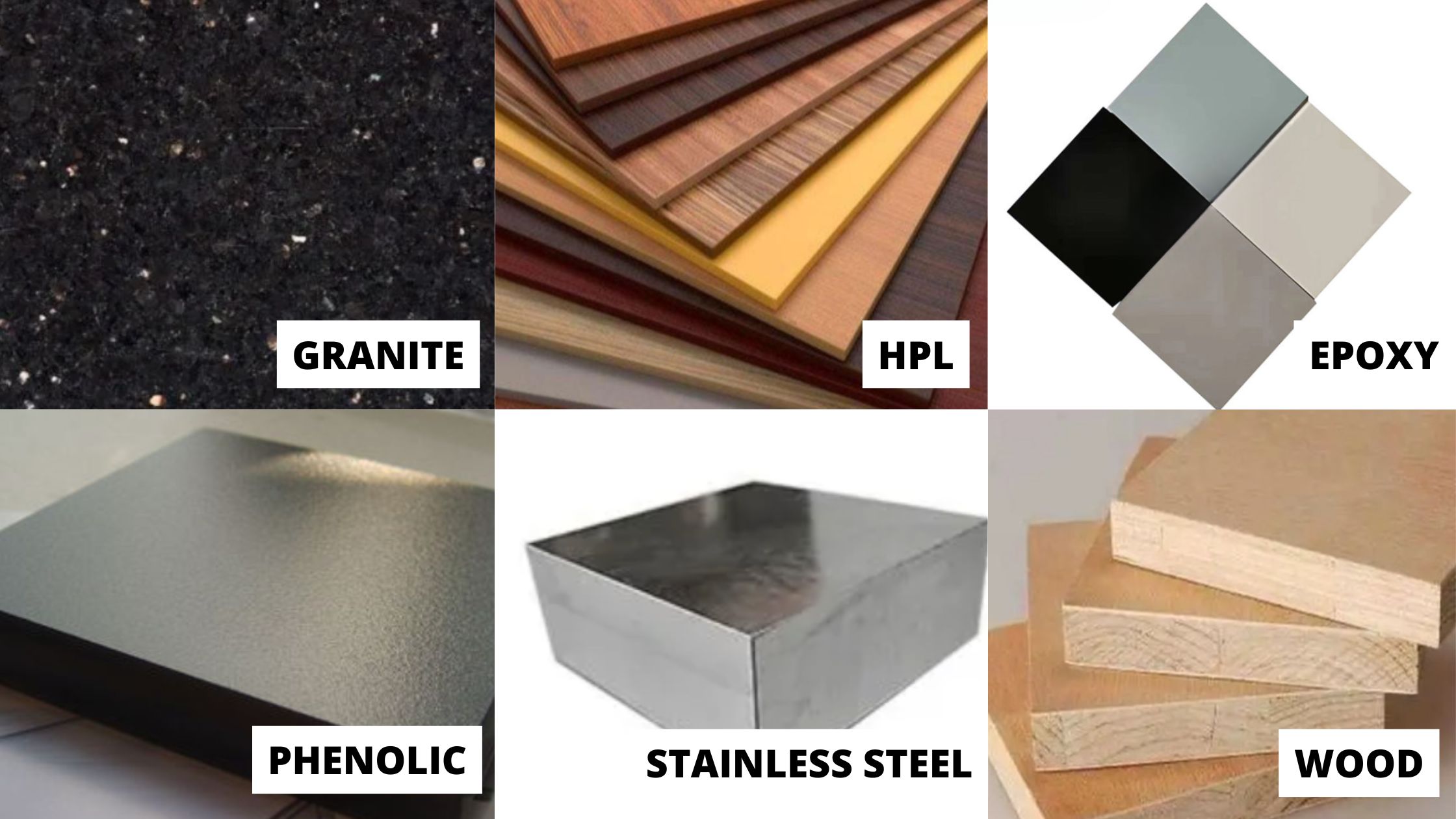

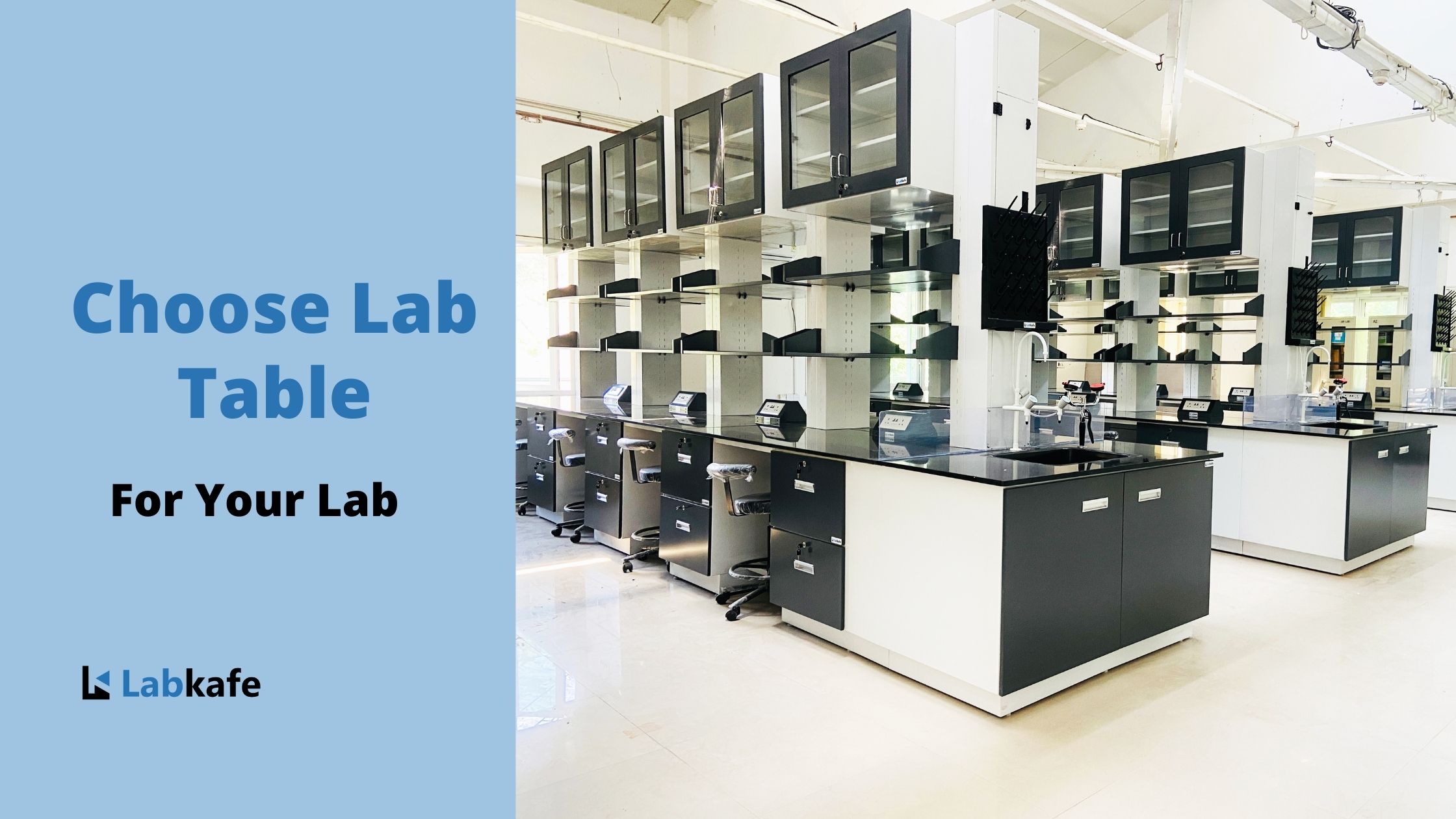
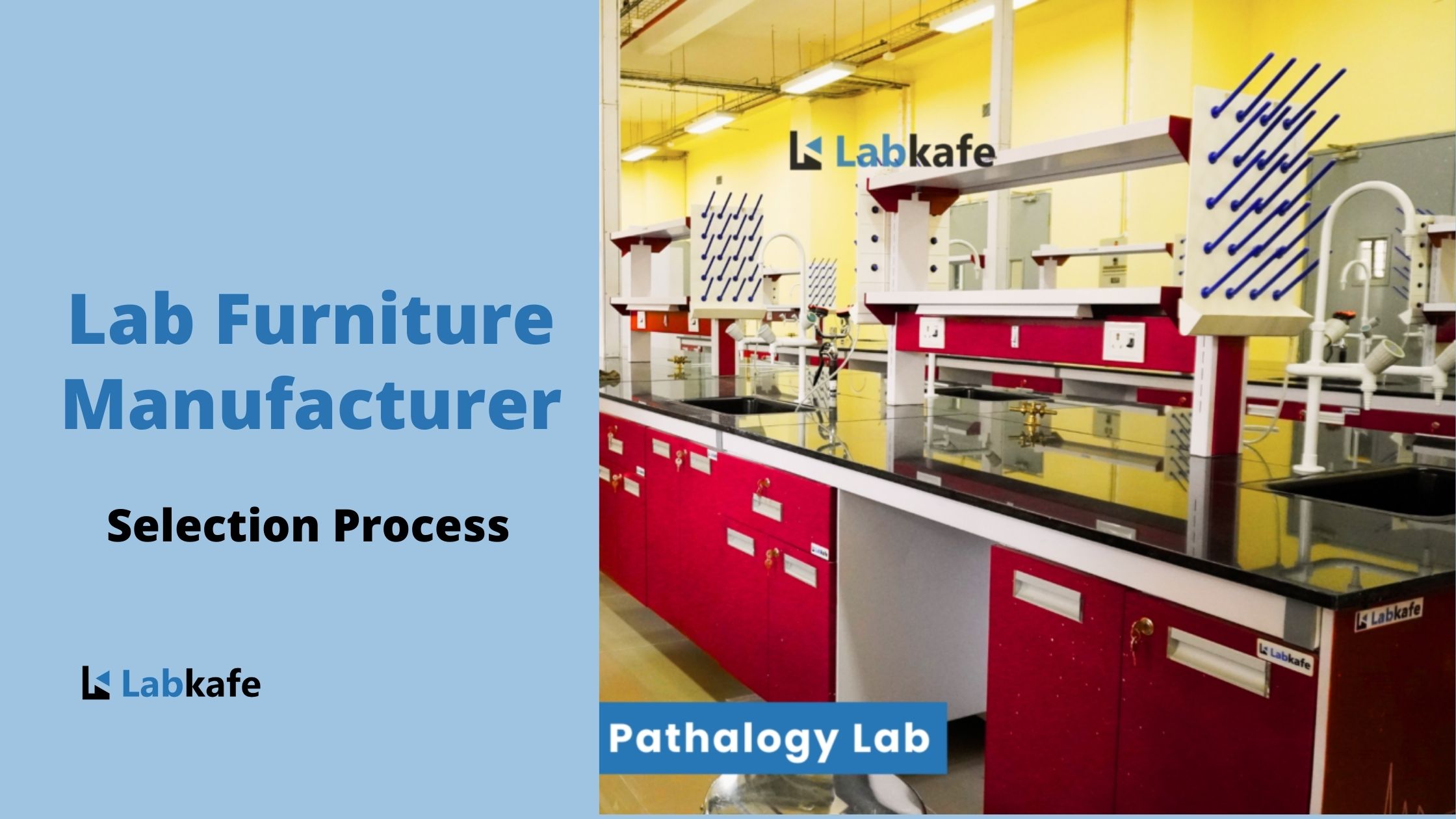


Leave a Reply